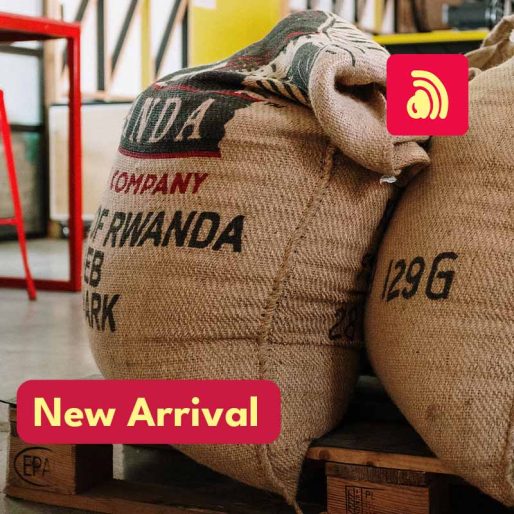As a rural farmer in Nigeria, setting fair prices for your agricultural products can be a challenging task. Many factors come into play, such as the quality of your products, the market demand, and the prevailing market prices. In this article, we will discuss some strategies for setting fair prices as a rural farmer in Nigeria.
- Understand the Market: To set fair prices, it’s essential to understand the market dynamics in your area. Research the prevailing market prices for similar products in nearby markets or cities, and keep track of seasonal variations. It’s also important to be aware of the market demand for your products and the competition from other farmers.
- Calculate Your Production Costs: It’s important to calculate your production costs accurately, including the cost of inputs such as seeds, fertilizer, labor, and transportation. This will help you to determine the minimum price at which you can sell your products and still make a profit.
- Consider Quality: The quality of your products can greatly impact the price you can charge. If your products are of high quality, you can charge a premium price. Conversely, if the quality is poor, you may have to lower your prices.
- Build Relationships with Buyers: Building relationships with buyers, such as wholesalers, retailers, and exporters, can help you to negotiate fair prices. By establishing trust and understanding their needs, you can work together to come up with mutually beneficial prices.
- Consider Value-Added Processing: Value-added processing, such as drying, packaging, or canning, can add value to your products and allow you to charge a higher price. This can also help to reduce waste and increase the shelf life of your products.
- Stay Flexible: Finally, it’s important to stay flexible and adapt to changing market conditions. If there is a sudden oversupply of a particular product, you may have to lower your prices to remain competitive. On the other hand, if there is a high demand for your products, you can charge a premium price.
In conclusion, setting fair prices as a rural farmer in Nigeria requires careful planning, research, and flexibility. By understanding the market dynamics, calculating your production costs, considering quality, building relationships with buyers, considering value-added processing, and staying flexible, you can set prices that are fair for both you and your customers.
